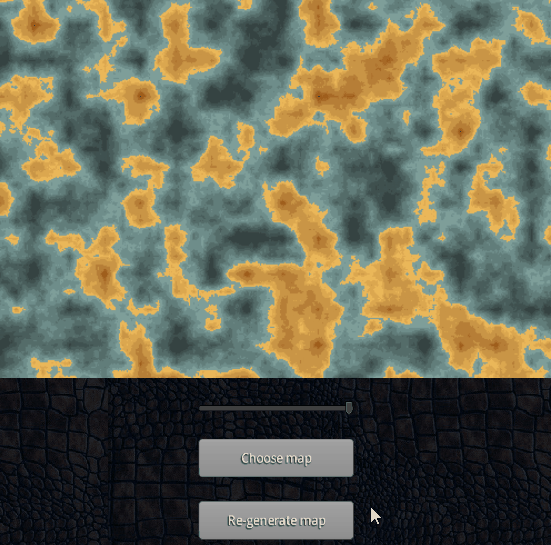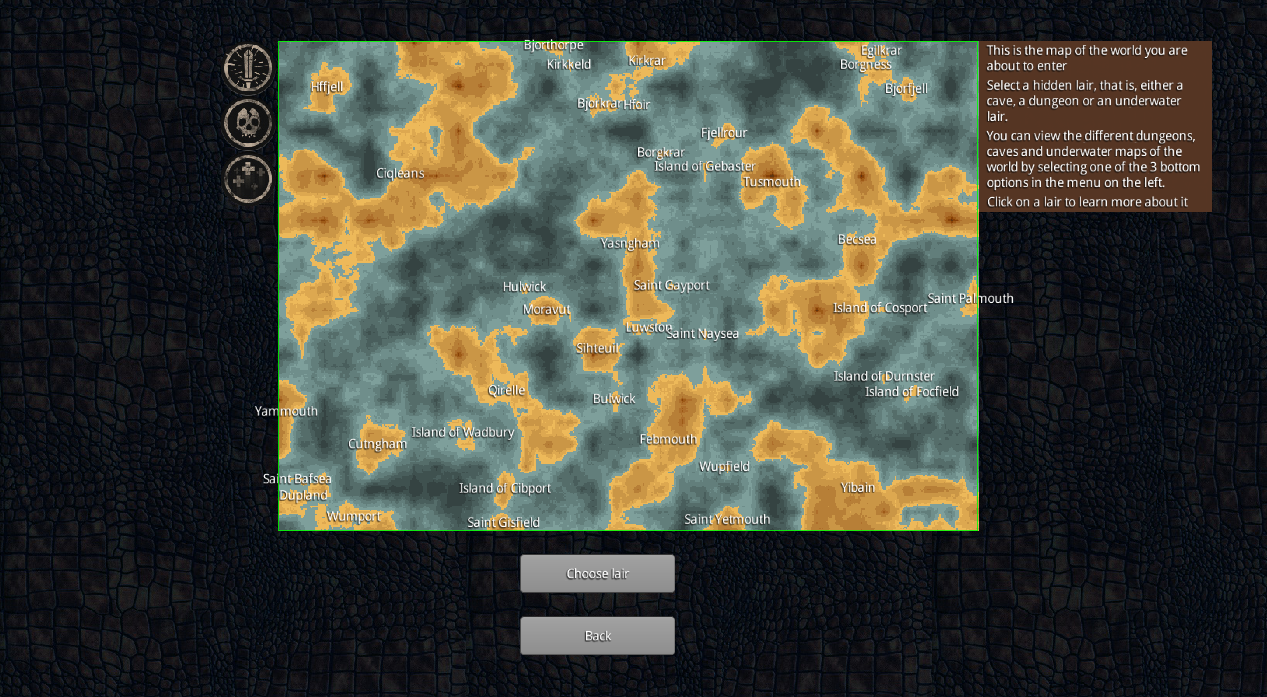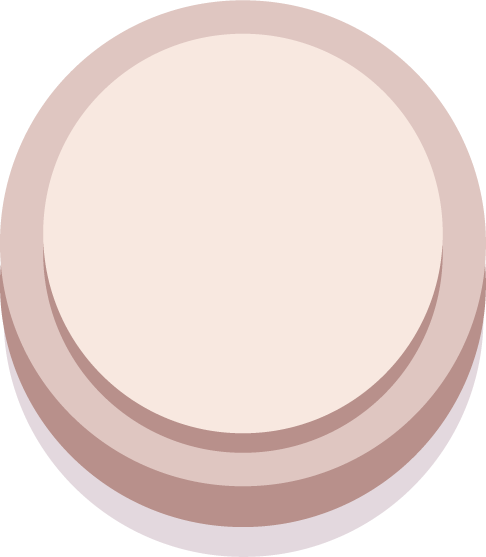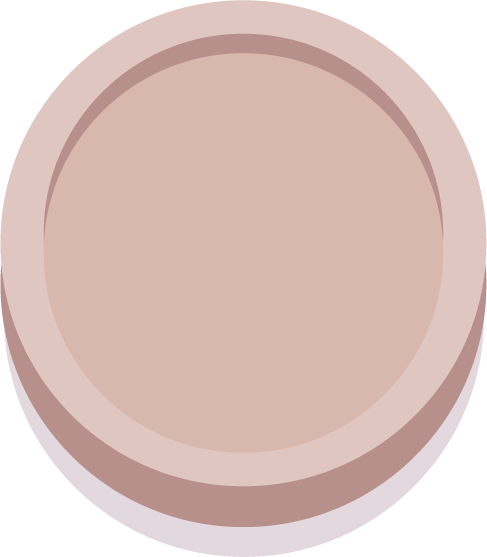
TARTARUS
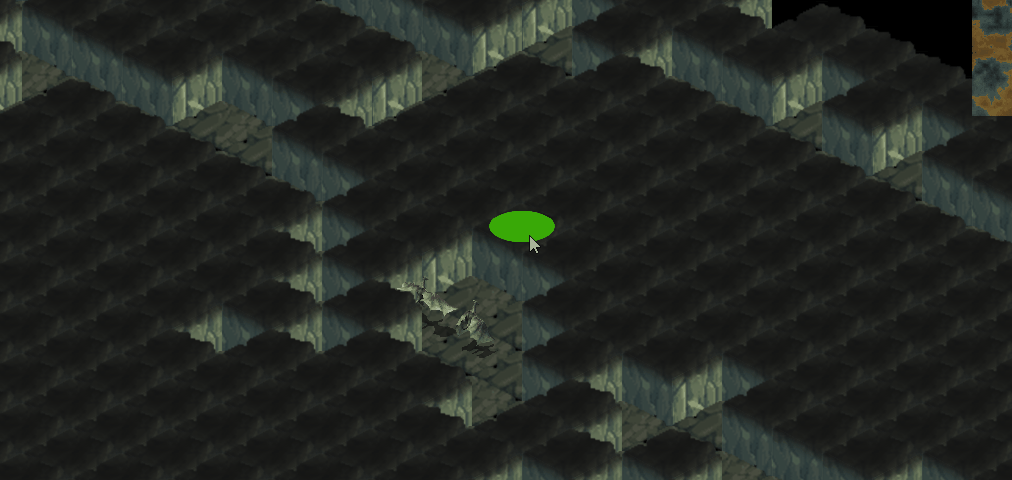
What I did: Built a short experimental game prototype that tested a noun-element based spell casting mechanic (Ars Magica, Magicka inspired) in a procedurally generated three-layered world (ground, underwater, underground/caves).
Platforms: PC (Windows)
Team size: 1
Project length: 6 months
Engine and tools: IntelliJ, LibgGDX (Java game development framework)
Responsibilities: Designing and scripting
OVERVIEW
My main goal when creating the Tartarus prototype was to test a noun-based spell casting mechanic. The initial idea for said spell-casting mechanic was partially inspired by Ars Magica (Creo-Intellego-Muto-Perdo-Rego) and fictional magic grimoires (such as Lovecraft's Necronomicon) spell casting syntax.
I wanted to build a system that had a similar depth and flexibility.
In broad strokes:
- Spells are made of a verb (or technique) + nouns (or components).
- There's 5 basic verbs: Creo, Muto, Intellego, Perdo, Rego (Ars Magica)
- Nouns can refer to tangible and intangible things and can be used to describe properties to be applied to a given spell. For example: "Creo" + "Corpus" + "Astutia" will create a certain type of creature that has intelligence, while "Creo" + "Corpus" will create a creature with a very basic IQ.
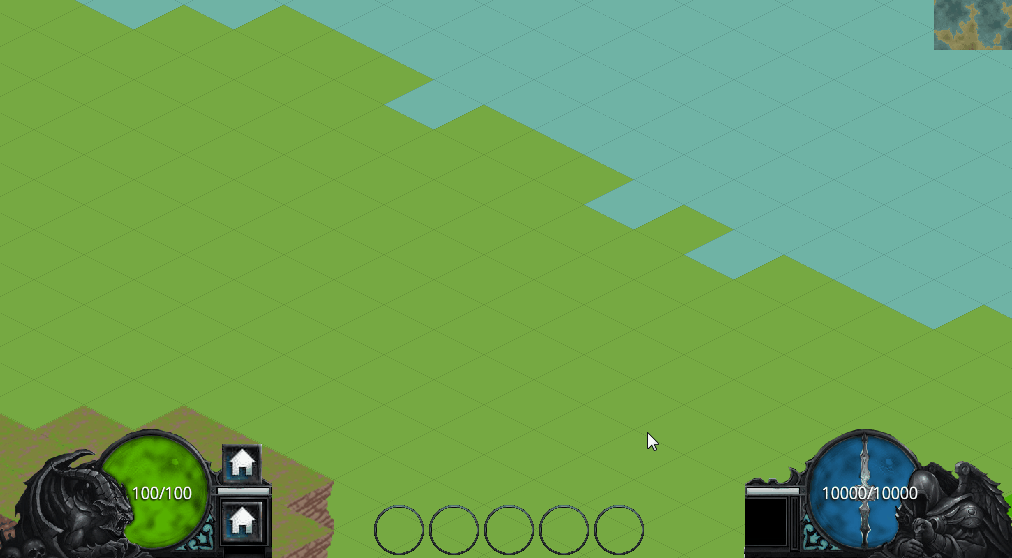
The prototype also features a procedurally generated world with 3 layers: surface layer, underground layer and underwater layer, both of them full of caves and passages.
The map generator also divides terrain in cities and islands and procedurally names them, using a variation of roots, prefixes and suffixes depending on whether they are in the northern, eastern, western or southern areas.
